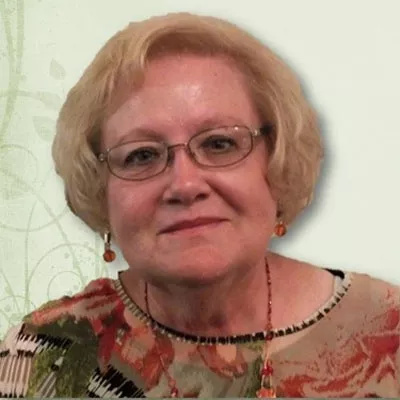After the Civil War, blacks began searching for a new life, new freedom which involved the quest for land or the security of employment. The passing of the Homestead Act in 1862 did not restrict the acquisition of land to only the white race. There was an opportunity for blacks from Canada, the east coast, the states along the Ohio River and the deep South to begin a new life. Nebraska was a promising area for new land owners. With the expansion of the west and more settlements, there was a need for military protection, thus many blacks became Buffalo Soldiers, eventually finding themselves at Fort Robinson or Fort Niobrara in Nebraska. As the railroad forged through Nebraska, it brought new settlements as well as employment. Blacks often worked in positions, such as porters, which brought pride and stability to their families. In order to research the lineages of the African-Americans who came to Nebraska, researchers need to use traditional methods of research, and also rely on a certain amount of family information and stories that interweave with the direct evidence found in documents. The research is unusual because of name changes, lack of knowledge of ages or places of birth, along with the innate problems of being a slave. This webinar explores the areas settled by blacks before and after their arrival in Nebraska, the time periods, why they came to Nebraska, their connections and influences. Emphasis will be placed on the types of records that are useful in this type of research and are applicable to other areas besides Nebraska.









You should receive a confirmation email with a link to the webinar soon.
You’ll also receive a reminder both the day before and one hour before the webinar begins.
Didn’t receive a confirmation email?
You successfully registered for %s.
You should receive a confirmation email with a link to the webinar soon.
You’ll also receive a reminder both the day before and one hour before the webinar begins.
Didn’t receive a confirmation email?
To ensure a smooth, high-quality webinar experience, check the quality of your internet connection.
On the day of the webinar, connect 30–40 minutes before and turn off any background software. If you can’t tune in live, you can view the recording later in the Webinar Library. If joining via a mobile device, be sure to first install the free GoTo app.
Questions? Contact us or read our FAQ.
It looks like you’re already registered for this webinar
You can register for another webinar.
Didn’t receive a confirmation email?
It looks like you’re already registered for these webinars
You can register for another webinar.
Didn’t receive a confirmation email?
Something happened on our end, sorry about that
We were unable to complete your registration.
Please try again later.



 Syllabus
Syllabus
Comments
To leave a comment, please tell us who you are
Already a member? Log in